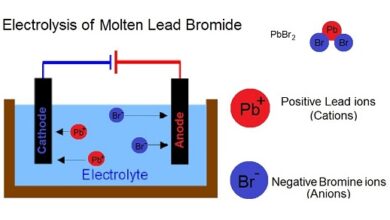What is Pasteurization definition/concept
Pasteurization is a thermal process that aims to eliminate pathogens that contaminate some foods and liquids. This thermal procedure does not eliminate the spurs of the products, as they must be subjected to refrigeration to keep them in optimal condition.
Two types of models: UHT and HTST
There are two types of pasteurization: the first, called the UHT process, which consists of heating the consumer product for 30 minutes at a temperature of 63 degrees and then letting it cool slowly; and the HTST process, used for certain liquids such as beer, wine and milk, in which they are applied at high temperatures for a short period of time. Pasteurization
The advantages of pasteurization are obvious. On the one hand, bacteria that potentially cause some pathologies disappear. On the other hand, products are preserved for longer, generally facilitating a safer and more standardized method of food production . However, pasteurization used in milk has been questioned in recent years, as this process considerably reduces the levels of calcium and phosphorus in milk, causing negative consequences for the bones and for the body in general.
History of origin, with Pasteur as head
Louis Pasteur is the French chemist who gives this procedure its name. His services as a researcher took place during the 19th century and, even more, he was recognized at a very young age by the French University of Lille which appointed him dean of the Faculty of Science. Pasteurization
This university was located in an area dedicated to wine. One day the young Pasteur received a visit from a winegrower who commented that some wines soured as they aged and approached this circumstance with the hope that some chemical process could be found to solve the problem.
Immediately, Pasteur noticed the problem and began to work obsessively to solve this problem. After a complex investigation , he observed that if he heated the wine to a certain temperature, the sour taste would completely disappear. Initially, Pasteur’s proposal generated a lot of strangeness for the winegrowers, as they believed that heating the wine was a kind of sacrilege. The French chemist showed that his procedure solved the problem and, at the same time, allowed its application in other liquids and products to solve the organic decomposition produced by a series of infectious diseases. Pasteurization
An effective way to eliminate bacteria
Pasteurization is a procedure accepted by the scientific community in general and is considered a technique to kill bacteria and, consequently, save human lives .


